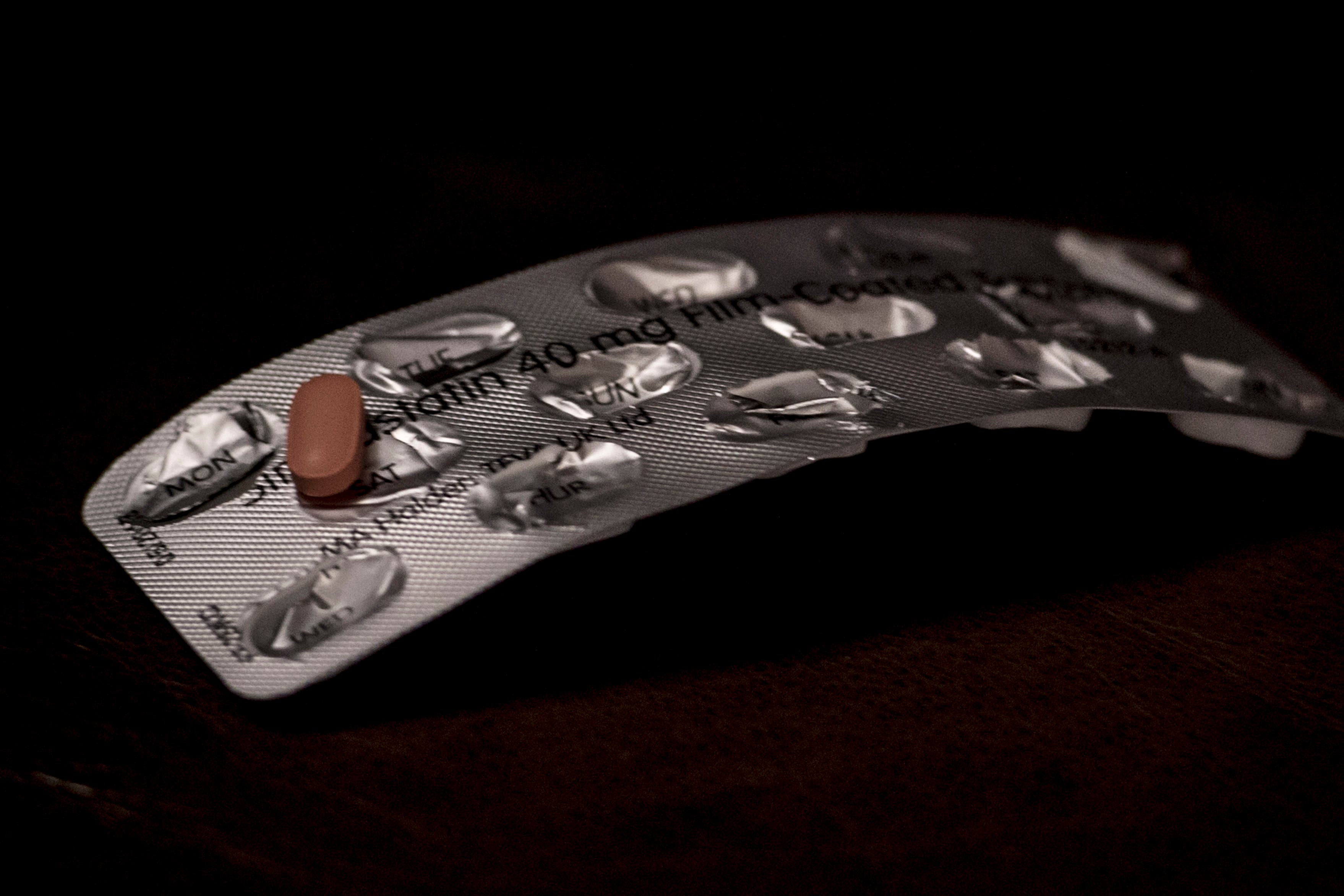Statins could help fight gum disease, study suggests
The cholesterol-lowering drugs may help to reduce the inflammation associated with periodontal disease, research suggests.

Your support helps us to tell the story
From reproductive rights to climate change to Big Tech, The Independent is on the ground when the story is developing. Whether it's investigating the financials of Elon Musk's pro-Trump PAC or producing our latest documentary, 'The A Word', which shines a light on the American women fighting for reproductive rights, we know how important it is to parse out the facts from the messaging.
At such a critical moment in US history, we need reporters on the ground. Your donation allows us to keep sending journalists to speak to both sides of the story.
The Independent is trusted by Americans across the entire political spectrum. And unlike many other quality news outlets, we choose not to lock Americans out of our reporting and analysis with paywalls. We believe quality journalism should be available to everyone, paid for by those who can afford it.
Your support makes all the difference.Statins could help fight gum disease, research has shown.
The cholesterol-lowering drugs may help to reduce the inflammation associated with periodontal disease by altering the behaviour of immune cells called macrophages, the research indicates.
Statins are one of the most commonly prescribed drugs in the UK, with up to eight million people taking them to lower the level of cholesterol in the blood and protect the insides of the artery walls.
According to the findings of the new study, the drugs could also help improve gum health and reduce the risk of heart disease.
Our study highlights a novel approach in which statins affect macrophages specifically, which, through this mechanism, can help treat periodontal disease
Subramanya Pandruvada, an assistant professor in the College of Dental Medicine at the Medical University of South Carolina, USA, said: “During our study, we replicated specific conditions in periodontal disease and demonstrated that introducing statins to our in vitro model modifies macrophage response.
“This allowed us to explore how medication like statins can help us treat inflammatory conditions such as periodontal disease.”
He added: “Recent periodontal literature has shown the beneficial effects of statins when used with traditional periodontal therapy.
“However, our study highlights a novel approach in which statins affect macrophages specifically, which, through this mechanism, can help treat periodontal disease.”
Periodontal disease happens when the growth of bacteria in the gums causes the immune system to react, contributing to symptoms such as swelling, bleeding and bone degradation.
If it is left untreated, it can lead to tooth loss.
Current treatments for the condition include antibiotics, deep cleanings of tooth and root surfaces, and various surgical procedures.
Macrophages play an important role in helping the body fight infections, but they can also worsen inflammation depending on the form they take at different phases of the immune response.
In the study, researchers grew macrophages and gum cells together in a laboratory and exposed them to various conditions.
They found that exposure to simvastatin, a common statin drug, suppressed the macrophage inflammatory response.
The findings, which will be presented at Discover BMB, the annual meeting of the American Society for Biochemistry and Molecular Biology, build upon the group’s initial results, which were published in the journal Cells last year.
The study’s lead authors are Waleed Alkakhan, a graduate dental resident in periodontology; and Nico Farrar, a dental student at the Medical University of South Carolina.